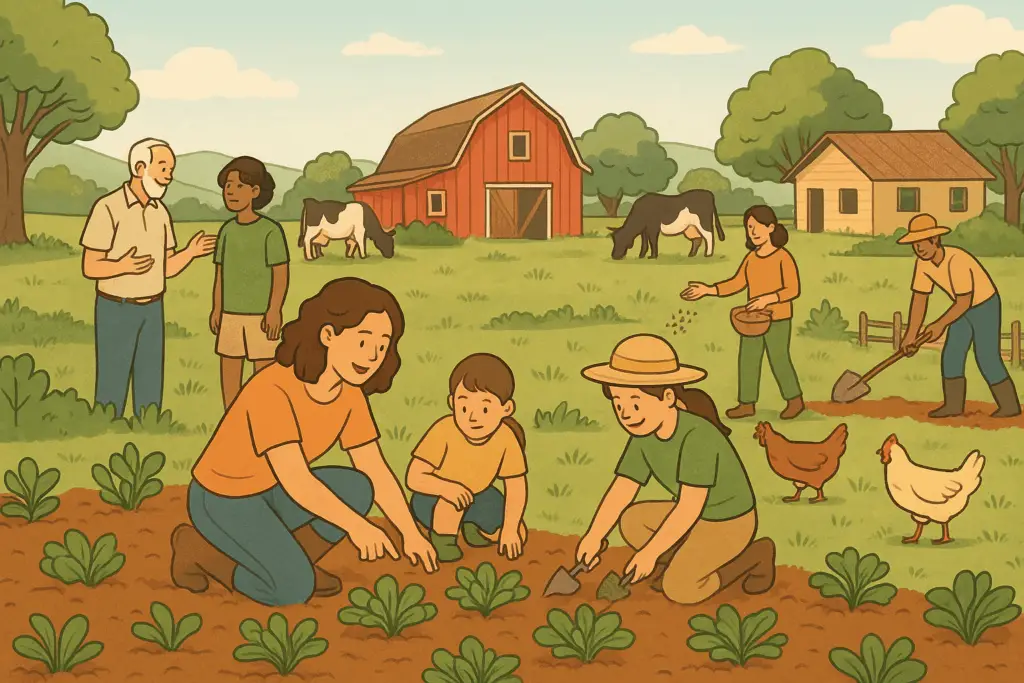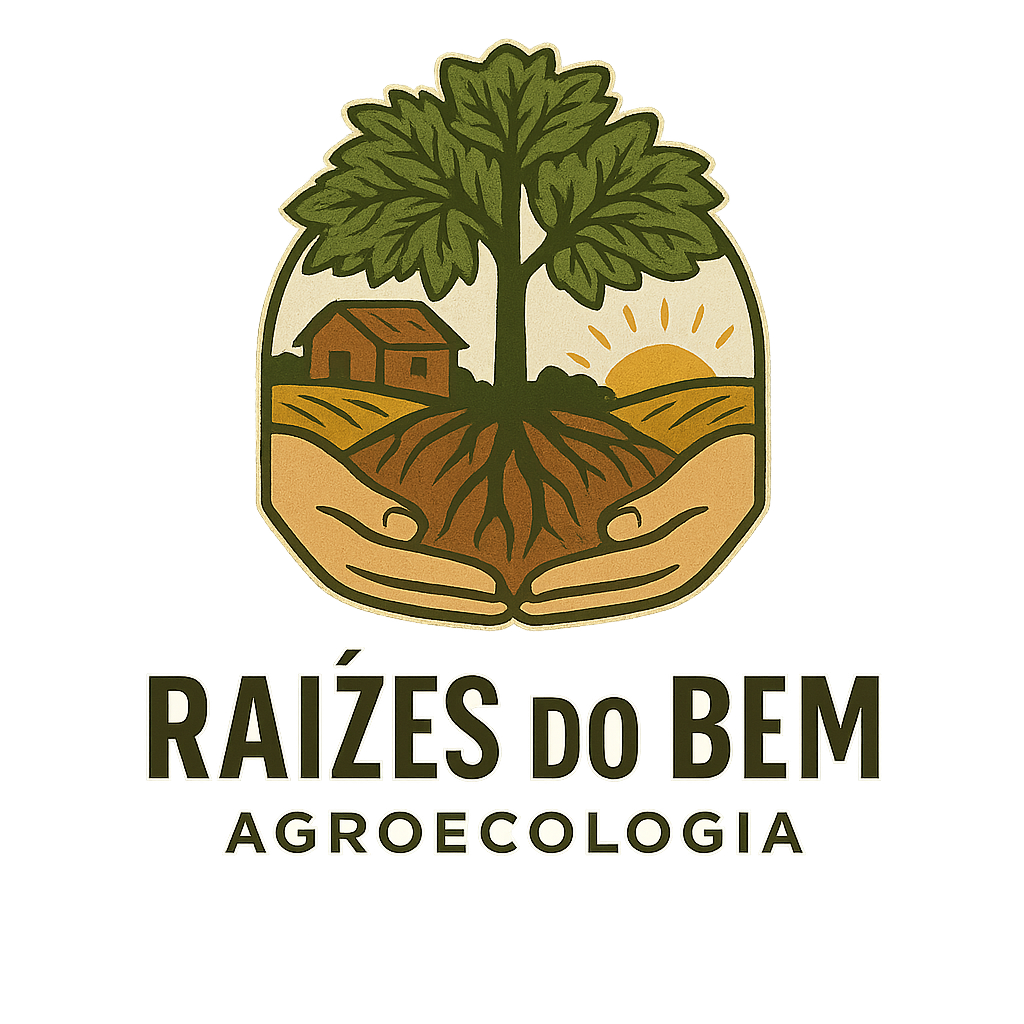
Family farming plays a fundamental role in Brazil, accounting for a large portion of the food that reaches Brazilian tables. Unlike large-scale agricultural enterprises that primarily focus on the export of commodities, small producers are directly involved in producing essential foods for domestic consumption, such as vegetables, fruits, grains, and dairy products.
The Importance of Family Farming for Food Security
According to data from the Brazilian Institute of Geography and Statistics (IBGE), family farming represents about 70% of the food consumed domestically in Brazil, underscoring its significance for national food security. This includes everything from fresh produce, such as vegetables and fruits, to processed products like artisanal cheeses and sweets. Family farming not only nourishes Brazilian families but also generates employment across various regions, often in areas far from major urban centers.
The Difference Between Family Farming and Large-Scale Agriculture
While family farming is focused on the domestic market and the diverse production of foods that meet local demand, large-scale Brazilian farmers concentrate their efforts on the production of export commodities such as soy, coffee, meat, and sugar. This difference in focus is reflected in public policies, production techniques, and even labor conditions.
Large producers typically have greater access to investment, advanced technology, and international markets. However, their production often does not directly benefit the Brazilian population. The prices of export-oriented products are subject to fluctuations in the global market, making them unaffordable for many local families.
Challenges Faced by Family Farmers
Despite its importance, family farmers face a number of challenges. Limited access to credit, difficulties in distributing their products, and inadequate infrastructure are obstacles that hinder their ability to expand and modernize their practices. Moreover, many small producers lack access to sustainable technologies that are essential for improving productivity without harming the environment.
Family farming is also affected by climate change, which can lower yields and make production more vulnerable. This underscores the need for greater support from government and private institutions to ensure the sustainability and resilience of small-scale farmers.
The Role of Agroecology in Family Farming
One of the promising alternatives gaining traction in family farming is agroecology, which promotes the use of sustainable agricultural practices that respect the environment and improve the quality of rural life. Agroecology combines the traditional knowledge of family farmers with modern techniques, creating a more balanced production model that is less reliant on external inputs.
Through agroecology, it is possible to reduce negative environmental impacts such as soil degradation and water contamination, while strengthening food sovereignty. Agroecology also offers family farmers the opportunity to diversify their crops, increasing food security and enhancing the family’s economic resilience.
The Need to Support Family Farming
It is essential for government and civil society organizations to provide technical, financial, and educational support to strengthen family farming. Training small producers, providing access to fair markets, reinforcing cooperatives, and promoting public policies that encourage agroecology are critical steps to ensure that family farming continues to play its vital role in Brazilian food and economic systems.
Conclusion
Family farming is undoubtedly the backbone of food production in Brazil. Despite the challenges they face, these farmers have a direct and positive impact on the lives of millions of Brazilians. To ensure that food production remains sustainable and accessible to all, it is crucial for public policies and private initiatives to focus on strengthening this essential part of the agricultural sector, supporting its transition to a more sustainable and equitable model.
Agroecology offers a promising path for the balanced development of family farming, benefiting not only the environment but also the community and the local economy. If you also believe in the potential of family farming and the importance of supporting small producers, share this article and join the movement for a more sustainable and just Brazil for everyone.
© 2025 Raízes do Bem – All rights reserved.
